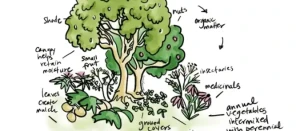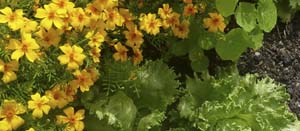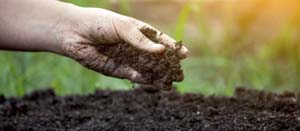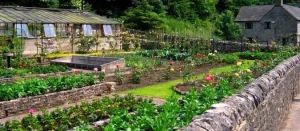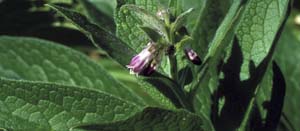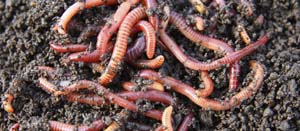SEARCH RESULTS > ARTICLES > Productivity
In permaculture, the term "guild" refers to a grouping of plants, animals, fungi, and other elements that work together in a symbiotic and mutually beneficial way within a specific ecosystem or garden. The concept of guilds is derived from the observation of natural ecosystems, where different species coexist and support each other in various ways. Learn More
Creating a thriving and productive garden involves more than just selecting the right plants and providing adequate water and sunlight. One often-overlooked strategy that can significantly enhance your garden's health and yield is companion planting. This ancient practice involves strategically planting different crops together to maximize their benefits and minimize potential issues. Learn More
Permaculture gardens thrive on the principle of working with nature, and at the heart of a successful permaculture garden lies healthy soil. Building and maintaining fertile soil is essential for sustainable gardening practices that promote biodiversity, water conservation, and overall ecosystem health. Learn More
In the realm of sustainable gardening, permaculture stands out as a holistic and eco-friendly approach that harmonizes with nature rather than imposing on it. Creating a permaculture garden involves thoughtful planning, observation, and a commitment to working with the natural environment. In this step-by-step guide, we'll explore how to design a permaculture garden that not only yields bountiful harvests but also nurtures the ecosystem. Learn More
Crop rotation is a beneficial practice in gardening for several reasons. Learn More
Companion planting is a gardening practice where you strategically plant different types of crops near each other to take advantage of the potential benefits they can offer each other. This can include improving growth, deterring pests, enhancing flavor, and maximizing space. Here's why and how you can use companion planting in your garden. Learn More
The microbiome in your garden soil refers to the diverse community of microorganisms that inhabit the soil. These microorganisms play a crucial role in maintaining soil health, nutrient cycling, and plant growth. The soil microbiome consists of various organisms, including bacteria, fungi, archaea, viruses, and microfauna (such as nematodes and protozoa). Here are some key points about the microbiome in garden soil. Learn More
Worms in your garden provide several benefits, making them valuable allies for gardeners and the overall ecosystem. Here are some of the advantages of having worms in your garden. Learn More
